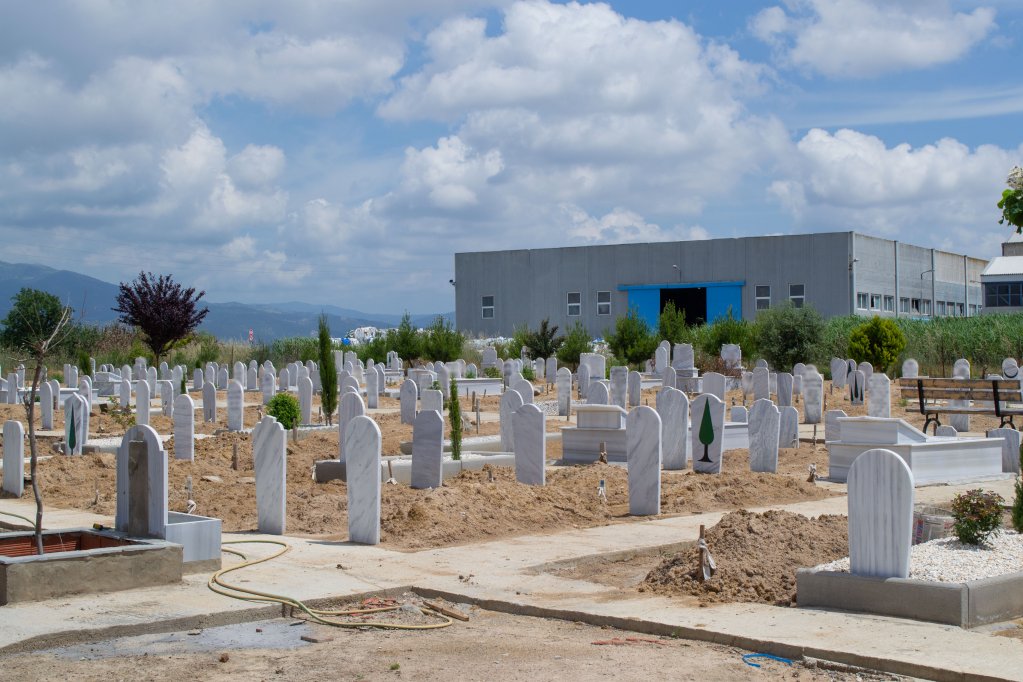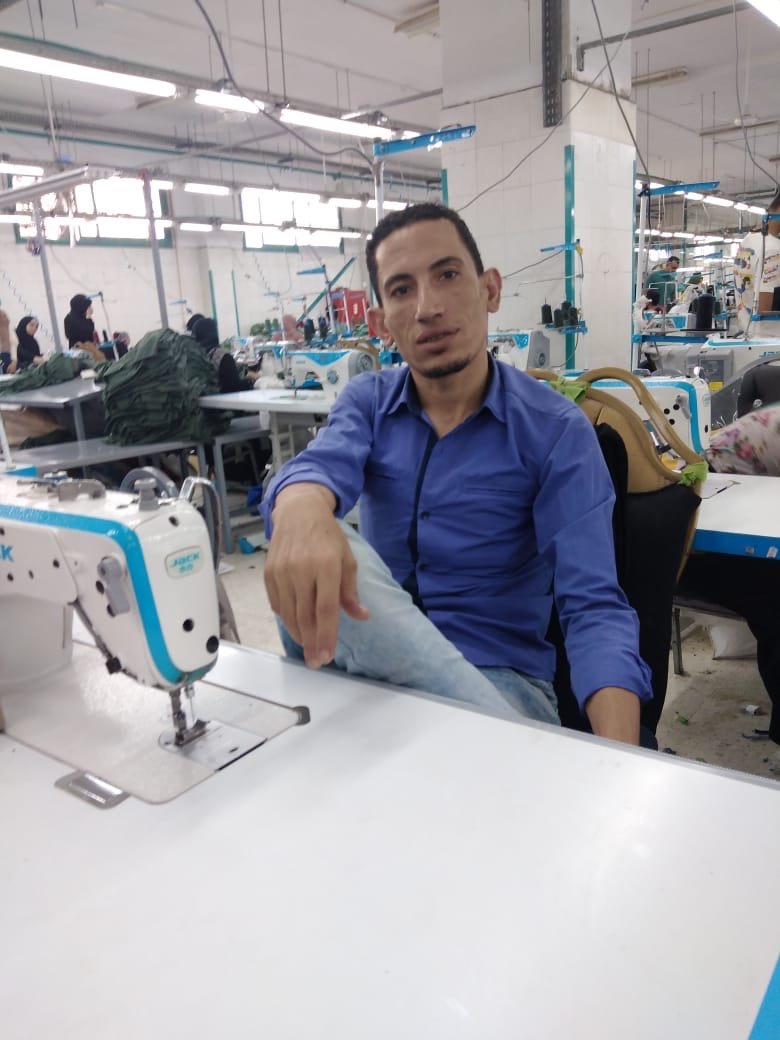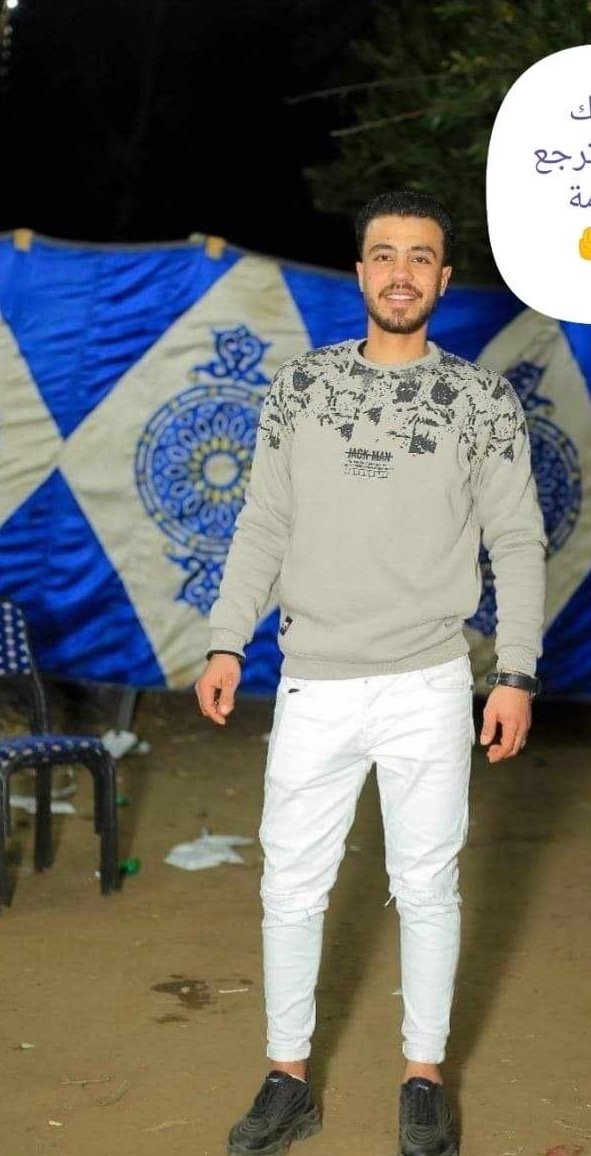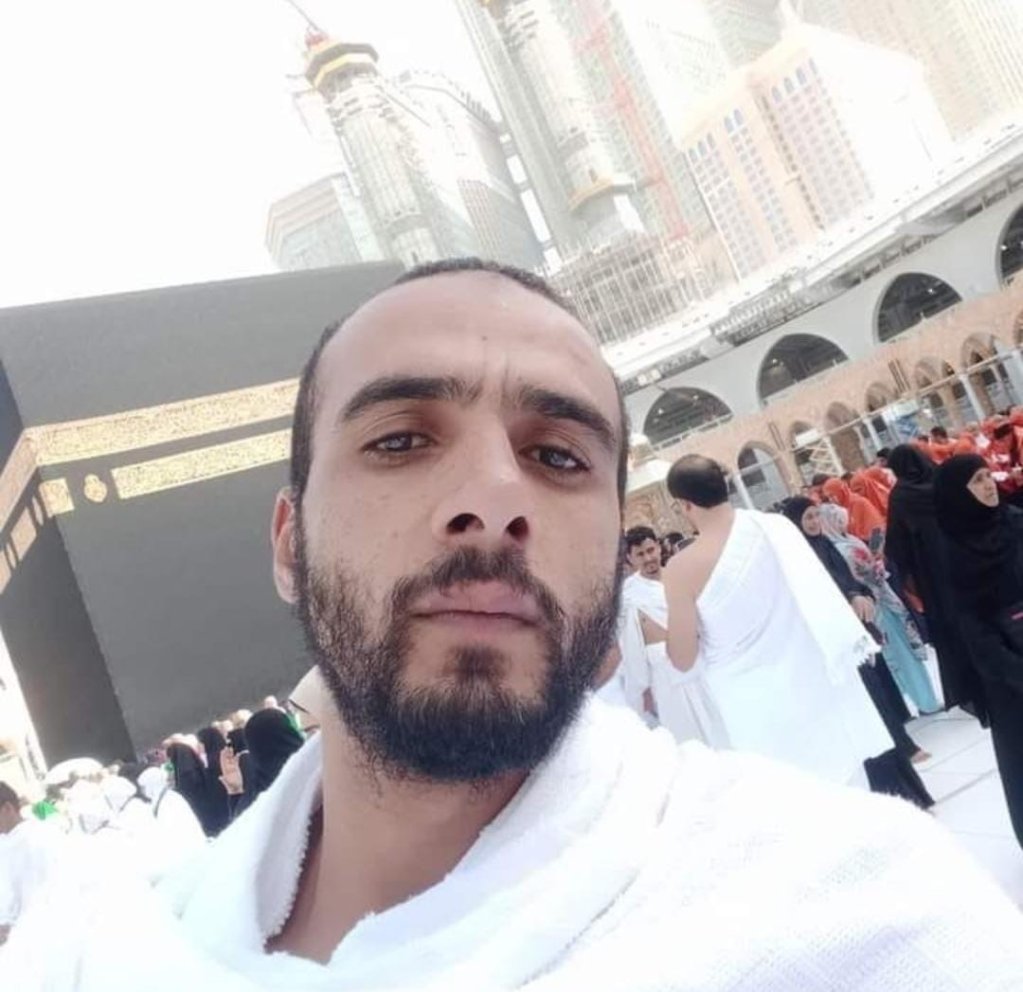*First Published on InfoMigrants
June 14 marks the first anniversary of the tragic shipwreck near the Greek town of Pylos. More than 500 people are suspected to have died, although just 82 bodies have been recovered.
One year ago, a fishing vessel carrying over 750 migrants capsized off the coast of Greece. Only 104 survived. The wreck marks Europe’s deadliest in nearly a decade.
Just 82 bodies have been recovered in the year since the tragedy, which occurred near the city of Pylos during the night between June 13 and 14, 2023. The overcrowded boat, called the Adriana, left from Tobruk, Libya, on June 9.
The bodies of the recovered migrants lie in a Muslim cemetery in the city of Komotini, located in northern Greece. Their graves are sparse. The rest of the dead remain in the Mediterranean sea, where, one year later, the only memory of the overcrowded fishing boat from Tobruk is the image of the surrounding calm sea.
Their mourning families, who flocked to the local police station and prosecution office after the wreck, may never receive closure.

Smuggling accusations
For some of those who escaped death, the past year has been its own sort of hell.
Egyptian migrants Khalil Mostafa, Aljaar Mohamd, Alhnfe Abdullah Atif and Hodary Ahmed, who survived the wreck, are four of nine passengers accused of attempting to smuggle the migrants aboard the Adriana into Europe.

37-year-old Mostafa told InfoMigrants he’d only ended up at the top of the boat by coincidence — the traffickers who led him and the other passengers to their place on the vessel told him he needed to stay in the bottom half.
“They asked me not to move at all from there for the whole journey, but being very tired, I managed to climb up to the top and stayed jammed there with the rest until the end,” he said.
“At first there were bottles of water to drink but then they stopped giving it to us and we started sharing the water among ourselves. I was a simple passenger on the boat.”
21-year-old Mohamd said he was one of the youngest on the ship.
“My dream was to make a new life in Europe and study,” he told InfoMigrants.

22-year-old Atif echoed Mohamd: “I worked in a construction company and in a supermarket in Egypt. I was looking for an opportunity for a better life and work.”
Atif said he was seated in the middle of the ship, and only survived because “the ship was open from the bow and I escaped through there.”
27-year-old Ahmed told InfoMigrants: “I had nothing to do with all this. I paid like everyone else … Five people from the boat were giving us water and food and they have all drowned. The captain of the boat, I don’t know who he was, I never saw him.”

The men were arrested immediately after the accident and have spent the past 11 months in pre-trial detention on charges of migrant smuggling, causing a shipwreck and participating in a criminal organization.
On May 21, the Court of Kalamata, Greece dismissed all charges against the nine Egyptian men accused of causing a shipwreck, ruling they were passengers, not smugglers.
They would have faced multiple life sentences had they been convicted.
“What unites the nine accused of the Pylos shipwreck is certainly not their participation in a criminal organization, in illegal alien trafficking or in causing the shipwreck i.e. the greatest human sacrifice in the Mediterranean,” criminal defense lawyer Spyridon Pantazis, who has helped defend some of the accused migrants, said.
“Their real common point is social exclusion, widening inequalities, and the dream of a better future in Europe. They are wrongly accused of crimes they never committed.”
Victims lost at sea
Men, women and children from Syria, Pakistan, Egypt and Afghanistan were aboard the Adriana the day it sank. Many of them were unaccompanied minors between 15 and 18 years old.
The International Committee of the Red Cross and Red Crescent (ICRC) has tried to answer hundreds and hundreds of families who are still seeking their missing loved ones.
The ICRC delegation is working in Athens with authorities such as the Hellenic Police and the Disaster Victim Identification Unit to support and facilitate the identification of 74 of the 82 bodies recovered.
An investigation into the potential liability of the Greek coast guard, which started last June, continues.

